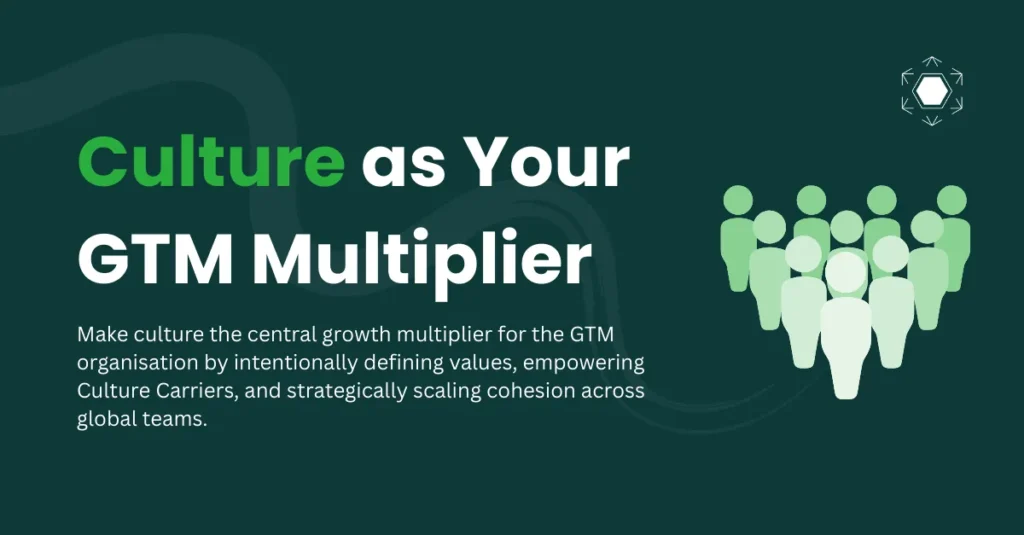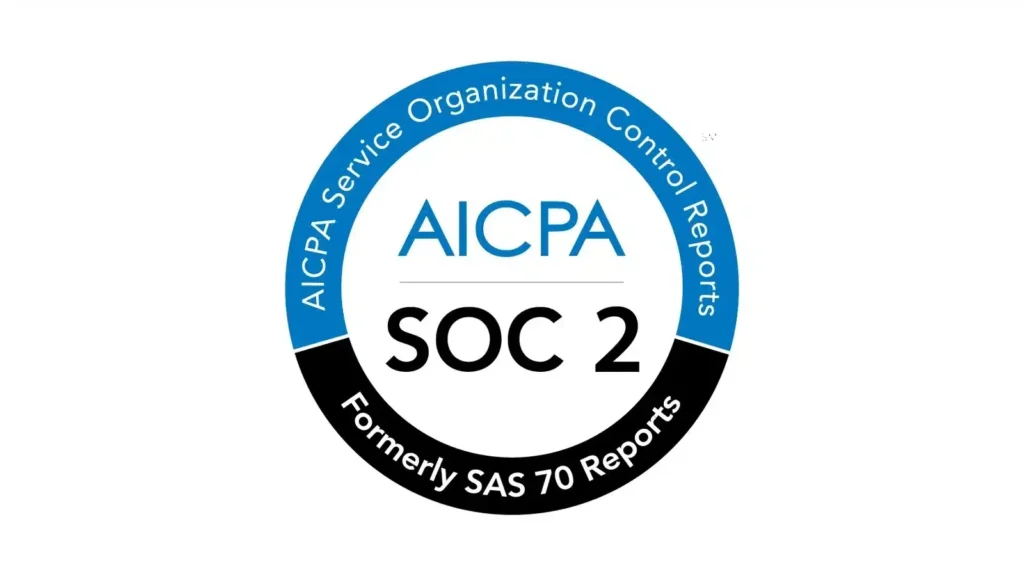The job market is an ever-changing ecosystem that drives business success, particularly when expanding globally. When evaluating candidates, most companies instinctively focus on where they gained their skills and experience rather than what they can actually deliver. This traditional approach is being rapidly challenged by skill-based hiring, and the results are transforming how businesses access global talent.
In this article, we’ll explain what skill-based hiring is, why this approach is shaping the future of international expansion strategies and give you actionable steps for implementing it into your hiring methodology.
What is Skill-Based Hiring?
Skill-based hiring prioritises what candidates can actually do over where they studied or what job titles they’ve held. This methodology is the ‘great equaliser,’ tapping into a wider and more diverse talent pool that traditional ‘gatekeepers’ have historically excluded from the job market.
This shift is particularly evident in the technology sector, where many successful professionals are self-taught. Rising university tuition fees globally, combined with increased access to online learning resources, have created a generation of highly skilled workers whose capabilities far exceed their formal credentials.
Why Skill-Based Hiring Works
The skill-based hiring approach has been adopted rapidly across many companies and sectors.
The Numbers Don’t Lie
Companies implementing this approach report that 94% of skill-based hires outperform their traditionally recruited counterparts, experiencing 9% longer employee retention rates. These aren’t marginal gains; they represent fundamental improvements in hiring effectiveness. Beyond performance, skill-based hiring is five times better at predicting job performance than degree-based methods, creating recruitment decisions that are both more objective and more reliable across every industry.
Companies Are Struggling to Hire
According to McKinsey, 87% of companies experienced talent gaps in key industries globally. This issue has been exacerbated by businesses not actually knowing the needs of their business (think of all the vague job postings with skill requirements that don’t align with the pay) and, most telling, over-reliance on traditional criteria such as university education. By focusing on the skills that candidates bring to the table, the hiring process becomes better aligned with the actual needs of the job role.
That’s where strategic recruitment partners help companies move from vague job descriptions to crystal-clear, skill-based hiring frameworks that attract the right global talent. By focusing on the skills that candidates bring to the table, the hiring process becomes better aligned with the actual needs of the job role.
We don’t want to completely discount degree-based methods of hiring as they certainly have their place. Many skills benefit from being taught through a more hands-on approach, and the willingness to go through university education demonstrates a commitment to the same kind of grind associated with the career journey. This is one of the reasons why this method of accreditation has been the standard since the 19th Century; pedigree still matters in some roles, such as executive roles. But even then, we see the best decisions are made when leadership ability is measured in impact, not just logos, showing just how vital it is to mix credential awareness with a skills-first mindset.
It is a generational shift that can no longer be ignored; that’s where Emerald comes in. We help tech companies move from vague job descriptions to crystal-clear, skill-based hiring frameworks that attract the right global talent.
What is an Example of Skill-Based Hiring?
Skill-based hiring manifests differently across industries, but the core principle remains consistent: evaluating what candidates can actually do rather than their credentials. Here are some real-world examples of how leading companies implement this approach:
Technology Sector Leaders
- Google has pioneered practical skill assessment through coding challenges and problem-solving simulations. Instead of requiring computer science degrees, they evaluate candidates’ ability to write clean code, debug problems and think algorithmically. This approach has enabled them to hire exceptional developers who learned programming through bootcamps, online courses or self-study.
- IBM created the concept of “new collar” jobs, opening 50% of their positions to skills-based candidates. They focus on competencies like data analysis, cloud computing and cybersecurity skills rather than traditional four-year degrees. This strategy has significantly increased their talent pool whilst improving employee retention and performance.
Beyond Tech: Cross-Industry Applications
- Revolut implements practical language proficiency tests for their international teams, assessing real communication abilities rather than formal language certifications. This approach has improved their time-to-hire by 40% whilst ensuring team members can actually collaborate effectively across cultures.
- Catalyte eliminated resume-based practices entirely, using cognitive assessments and practical evaluations to identify talent. Their skills-based teams consistently outperform traditionally sourced teams in both problem-solving and innovation metrics.
Practical Assessment Methods
What unites these successful implementations is a fundamental shift from asking “where did you learn this?” to “can you demonstrate this?” Across industries, skill-based hiring typically involves:
- Portfolio reviews for creative and technical roles
- Work sample evaluations, where candidates complete actual job tasks
- Simulation exercises that mirror real workplace challenges
- Practical demonstrations of specific competencies
- Problem-solving scenarios relevant to the role
These methods provide objective evidence of capability whilst reducing bias and expanding access to diverse talent pools. While companies use these technical assessment methods internally, recruitment partners like Emerald typically focus on evaluating candidates’ soft skills, cultural alignment and general competencies, with technical validation handled by the hiring company’s internal teams or specialist assessment providers.
Benefits of Skill-Based Hiring for International Expansion
When companies expand internationally, traditional hiring approaches often become significant barriers to success. Skill-based hiring transforms these challenges into competitive advantages, particularly for businesses seeking to build effective global teams.
Massive Talent Pool Expansion
Perhaps most significantly for international expansion, skill-based hiring expands talent pools by an average of 6.1 times globally. In key markets like the United States, this expansion reaches 15.9 times, whilst Brazil sees 12.9 times growth and the UK experiences 8.4 times larger candidate pools. Some sectors show even greater expansion. Farming, Ranching and Forestry see a 21.5 times increase globally through skills-based approaches.
Breaking Down Geographic Barriers
Skills transcend geographic boundaries, cultural contexts and local educational systems, making them the ideal foundation for building international teams that can deliver results from day one. A skilled developer in Poland can contribute immediately to a UK project without credential translation delays or lengthy visa processes for education verification.
Enhanced Diversity and Global Perspective
Skill-based hiring naturally promotes diverse international teams by removing traditional gatekeepers that favour local credentials. Workers without bachelor’s degrees experience 6% greater talent pool increase globally through skills-based hiring, whilst AI roles could see up to 24% increase in female representation. Companies report improved innovation and market responsiveness from culturally diverse, skills-selected teams, with team members bringing authentic cultural insights and local market understanding.
Regulatory Simplification
International expansion often involves navigating complex visa requirements and credential recognition processes. Skill-based hiring simplifies these challenges by focusing on demonstrable competencies rather than formal qualifications that may not translate across borders. This approach reduces compliance complexity whilst accelerating international hiring timelines.
Cost Efficiency for Global Growth
Traditional international hiring involves significant costs: relocation expenses, visa processing, credential verification and extended recruitment timelines. Skill-based approaches often enable remote work arrangements, reduce relocation requirements and streamline the entire international hiring process, delivering substantial cost savings for expanding businesses.
What is a Skills-Based Job Description?
Skills-based job descriptions flip traditional hiring on its head, emphasising actual capabilities over formal credentials. For international expansion, this approach is especially valuable since local qualifications rarely reflect someone’s ability to deliver results globally.
Traditional vs Skill-Based Structure
Traditional job descriptions typically emphasise:
- Required degree level and specific field of study
- Years of experience in similar roles
- Previous job titles and company types
- Location-specific qualifications or certifications
Skill-based job descriptions focus on:
- Specific competencies required for success
- Practical abilities and demonstrable skills
- Expected outcomes and deliverables
- Problem-solving scenarios the role will encounter.
Essential Components of Skills-Based Job Descriptions
- Core Competencies Section: Rather than listing “5+ years marketing experience,” specify “ability to develop multi-channel campaigns that increase lead generation by 20%+ and demonstrate proficiency in data analysis for campaign optimisation.”
- Practical Requirements: Instead of “Bachelor’s degree in Computer Science,” describe “competency in Python, ability to build scalable APIs and experience debugging complex distributed systems.”
- Assessment Criteria: Clearly outline how skills will be evaluated: “Candidates will complete a coding challenge involving API integration and participate in a system design discussion.”
- Performance Indicators: Define success metrics: “Within 90 days, successfully launch three client projects and achieve 95% customer satisfaction scores.”
Strategic recruitment partners like Emerald, excel at identifying candidates who meet these technical requirements and evaluating their broader professional competencies, whilst technical skill validation typically remains with the hiring organisations or specialist assessment providers.
What are the Skills Models of Employability?
Skills models of employability are broken down into three core categories that companies use to evaluate candidates: hard skills, soft skills, and emerging skills. Understanding these models helps businesses identify what they actually need from candidates rather than relying on degree requirements.
Hard Skills (Technical Competencies)
These are measurable, job-specific abilities:
- Software proficiency (Excel, Salesforce, coding languages)
- Industry certifications (project management, cybersecurity, trade qualifications)
- Technical processes (data analysis, financial modelling, equipment operation)
- Language abilities (measured through practical communication, not certificates)
Soft Skills (Interpersonal Competencies)
These determine how well someone works with others and adapts to challenges:
- Communication – explaining complex ideas simply, active listening
- Problem-solving – breaking down challenges and finding practical solutions
- Adaptability – learning quickly and adjusting to new situations
- Leadership – influencing outcomes and motivating teams
Emerging Skills (Future-Ready Competencies)
Skills that are becoming essential due to workplace evolution:
- Digital literacy – working with AI tools, understanding automation
- Cross-cultural collaboration – working effectively across different cultures and time zones
- Critical thinking – analysing information and making data-driven decisions
- Continuous learning – updating skills as technology and markets change
For international expansion, companies should prioritise candidates who demonstrate practical abilities in these areas rather than focusing on where they studied or worked previously. This approach identifies people who can actually deliver results regardless of their educational background.
Skill-Based Hiring for International Expansion: The Strategic Advantage
Companies expanding internationally face a simple reality: traditional hiring methods become massive barriers to success. Skill-based hiring transforms these obstacles into competitive advantages.
Breaking Through Global Talent Shortages
Companies expanding internationally face significant recruitment challenges that skills-based hiring directly addresses. With 87% of companies experiencing talent gaps in key industries globally, traditional hiring methods compound these problems by artificially restricting candidate pools through local credential requirements. Emerald’s Employer of Record solution allows the talent pool to open up globally. Improving the quality and quantity of talent
Massive Talent Pool Expansion
Skills-based hiring expands talent pools by 6.1 times globally on average, with dramatic variations by market. The United States sees a 15.9 times increase in eligible candidates, Brazil experiences 12.9 times growth, and the UK achieves 8.4 times larger candidate pools. Some sectors show even greater expansion – Farming, Ranching and Forestry sees 21.5 times increases globally through skills-based approaches.
Breaking Down Geographic and Educational Barriers
Skills transcend geographic boundaries, cultural contexts and local educational systems, making them ideal for building international teams that deliver results immediately. Workers without bachelor’s degrees experience a 6% greater talent pool increases globally through skills-based hiring, whilst AI roles could see up to a 24% increase in female representation.
Countries like Saudi Arabia and Peru show particularly high growth potential in green roles when companies adopt skills-based approaches rather than traditional credential requirements.
Enhanced Diversity and Cultural Integration
Skills-based hiring naturally promotes diverse international teams by removing traditional gatekeepers that favour local credentials. Multicultural teams created through this approach offer unique insights, improve global communication and foster innovation through diverse skill sets. Teams with varied cultural backgrounds serve diverse customer bases more effectively, creating competitive advantages in new markets.
Why This Shift is Inevitable
The move toward skills-based international hiring isn’t just a trend; it’s an inevitable response to fundamental changes in how work gets done.
Skills Change Faster Than Degrees
39% of workers’ skills will transform by 2030. Traditional education systems cannot adapt quickly enough to these changes, making skills-based hiring essential for accessing current competencies rather than outdated qualifications. Companies that wait for educational institutions to catch up will lose a competitive advantage to those identifying and hiring skilled talent immediately.
Location Matters Less
Geographic boundaries become more flexible when focusing on skills rather than location-based credentials. Hybrid and remote work models have proven that talent can deliver results without traditional office requirements, making rigid location and credential requirements less relevant for many roles. This creates broader access to global talent pools for companies that can evaluate actual capabilities rather than requiring specific geographic presence.
First Movers Win Big
Early adopters of skills-based international hiring report significant advantages in talent quality, retention and expansion success. As more companies adopt these approaches, the competitive advantage will shift from those using skills-based hiring to those using it most effectively. The window for gaining a first-mover advantage is closing rapidly.
Companies that embrace skills-based hiring for international expansion will access broader talent pools, reduce expansion costs and build more effective global teams. Those who stick with traditional credential-based approaches will find themselves increasingly constrained by outdated hiring practices that fail to identify the best global talent available.Don’t let outdated hiring practices limit your international growth. Emerald Technology delivers skills-based recruitment solutions that give you access to the best global talent, faster hiring timelines and better long-term results. Speak with our international expansion specialists today.




